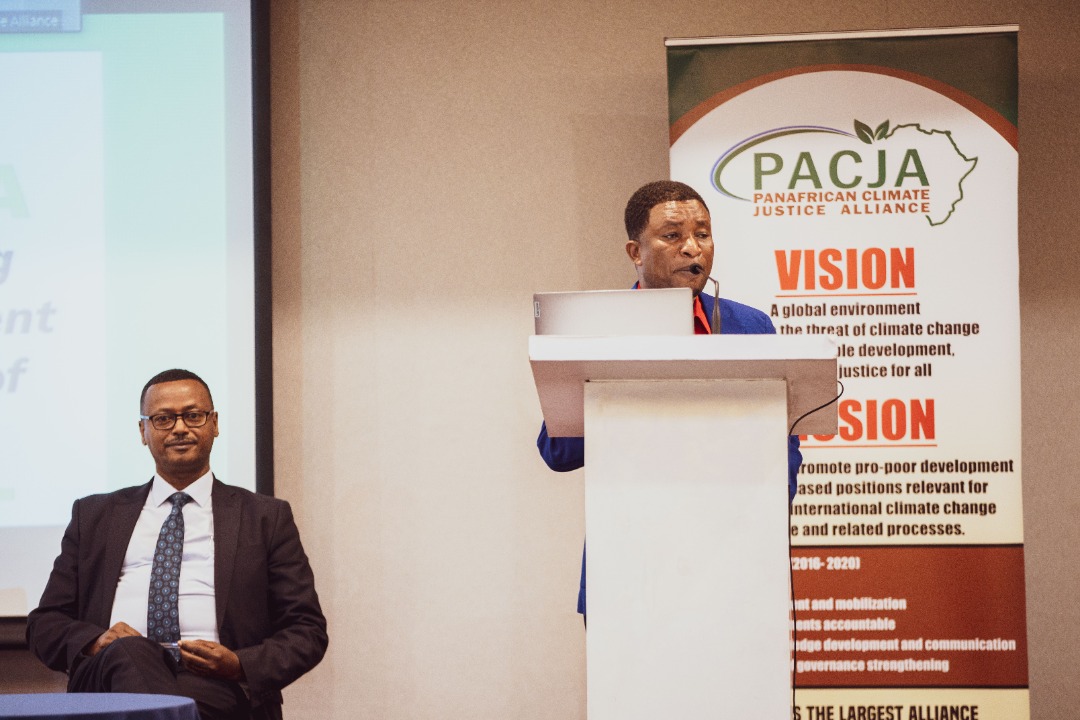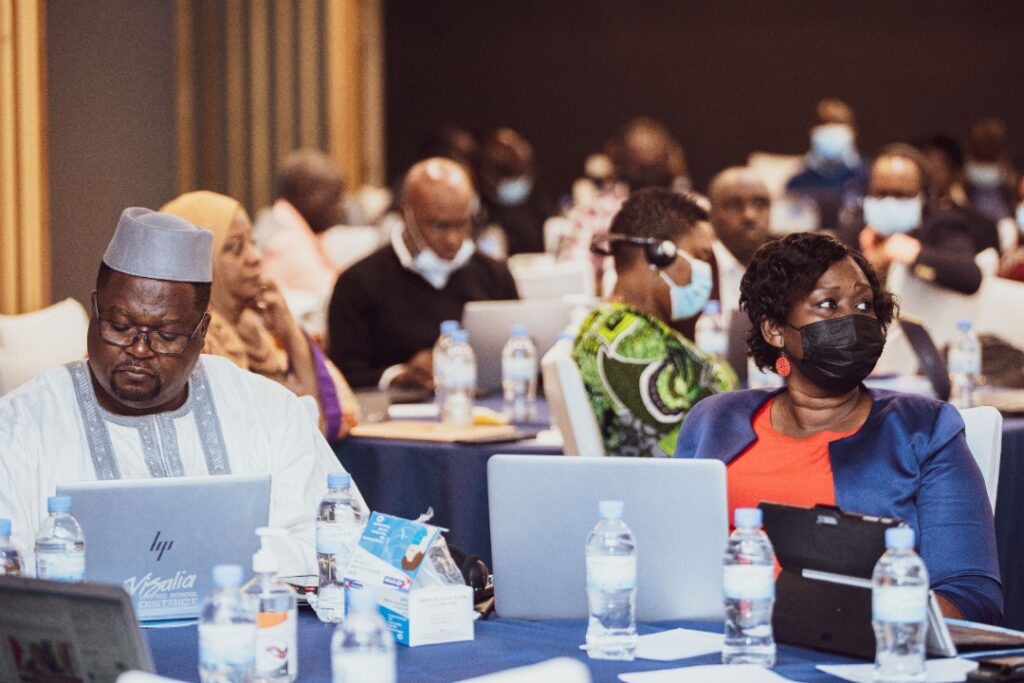
A coalition of African civil society groups that clamour for just and fair climate regimes under the aegis of the Pan African Climate Justice Alliance (PACJA), in collaboration with the Government of Sweden, has launched a three-year Initiative to scale up climate action and build the resilience of vulnerable communities in 12 countries across Africa.
The Guard-Africa Initiative, Galvanising and Unifying Africa’s Action for Resilient Development in the era of the pandemic will catalyse conversations towards the accelerating implementation of the Nationally Determined Contributions (NDCs) and overall climate action.
Implemented by PACJA and funded by the Swedish government through Sida, the Project is designed to mobilise, consolidate and unify efforts of civil society, other non-State Actors (NSAs), and governments, recognizing that mainstreaming more inclusive practices now, will be influential for decades to come.
“We are grateful to the Government of Sweden for coming to support advocacy work around climate justice. This a clear testimony of confidence the Government of Sweden has on Africa’s CSO and the desire to see Africa transit to just, low carbon economy,” said Dr Mithika Mwenda, the Executive Director of the PACJA.
Through working with women-led groups spread across National platforms and dedicated partners, the Initiative taps into indigenous and conventional knowledge of women and communities; government and private sector resources to strengthen individual and women-led groups’ capacities to access and control productive assets needed to build their resilience against climate shocks (land, water, indigenous drought resistant crops, livestock, money), and increase their food and nutrition security, social security, financial and human capital and diversified livelihoods.
“Sweden is putting money where their heart is and the people of Africa will forever remain grateful to these efforts,” said Dr. Mithika
The Swedish-supported project would not have come at a better time given the continued battering of the African economies by the yet to be solved climate crisis, which, coupled by the COVID-19 pandemic have left African economies and societies bleeding for rebuilding back better.
To cover Kenya, Ethiopia, Tanzania, Rwanda, Niger, Cameroon, Zambia, Botswana, Morocco, Nigeria, Ivory Coast and Gabon, the GUARD project recognizes the intersectionality of gender and social exclusion that underpins the vulnerabilities of women, girls and youth’s and impede their access to resilient livelihood opportunities and decent jobs.

Working with women-led groups, the project will tap into indigenous and conventional knowledge of women and communities, governments and private sector resources to strengthen individual and women-led groups’ capacities to access and control productive assets needed to build their resilience against climate shocks.
The initiative aims to influence impact at scale, by leveraging the efforts of other players in the climate change conversations within Africa and globally to achieve Just Climate Financing for just recovery from the impacts of climate change and COVID-19 including promotion of green energy.
This is to be achieved through institutional strengthening of CSOs networks for amplified advocacy and strong media engagement to raise awareness among the public, all embedded in design of this project.
According to Mithika, Guard-Africa will ensure that these groups engage with governments and private sector on issues aligned to resilience building from the impacts of climate change and COVID-19 in addition to mobilize financial institutions towards financing a just recovery.
The UN Economic Commission for Africa estimates that the GDP of African countries has contracted to 2 – 3% due to the pandemic.










